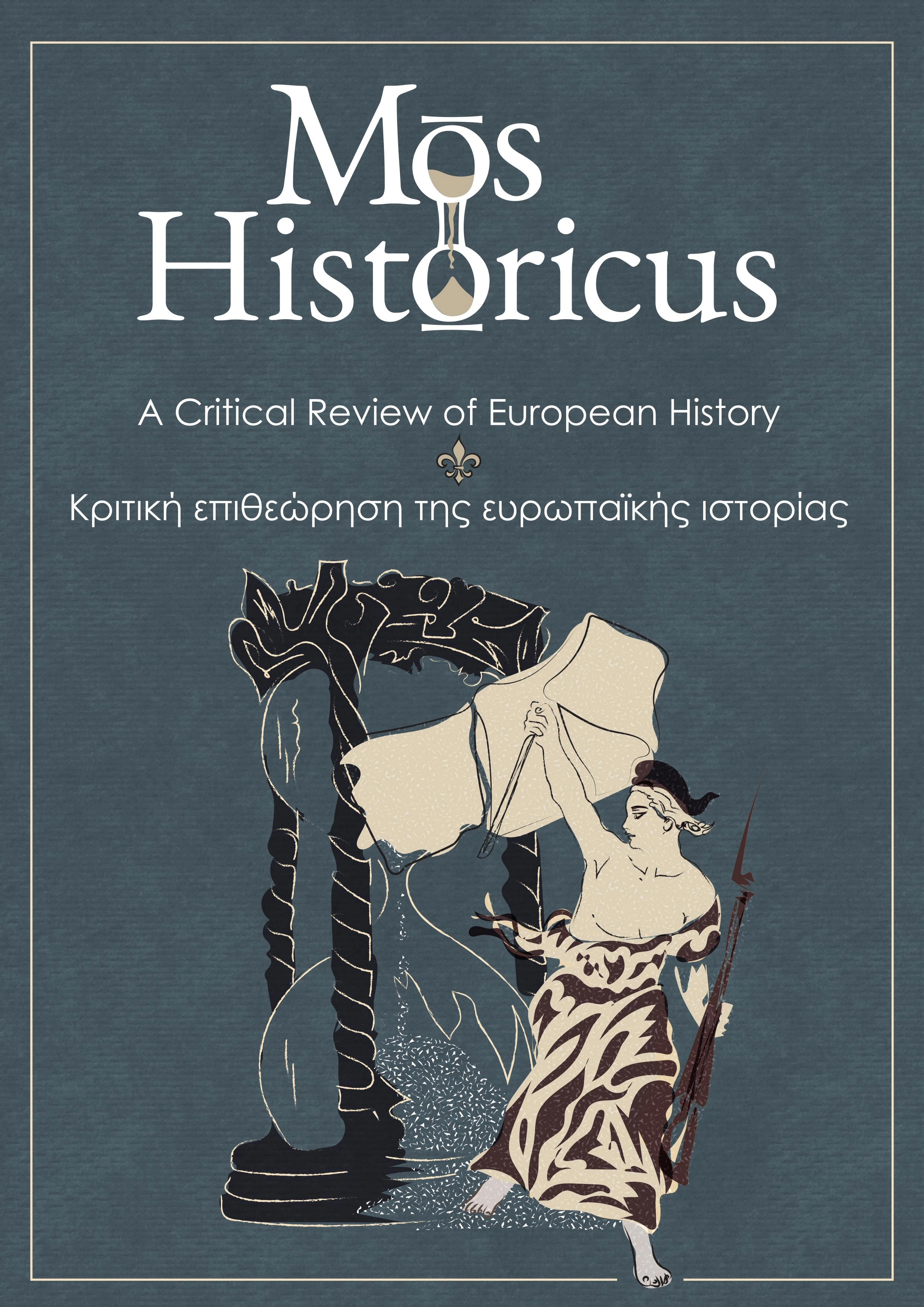“Il fier tiranno” Divine Right and ragion di stato in Girolamo Graziani’s Il Cromuele

Abstract
The execution of King Charles I in 1649 sparked outrage across Europe: after years of civil war, the anointed sovereign of England, Scotland, and Ireland was to die by parliamentary order. While conspicuous attention was devoted to this event in 17th-century Italian historiography, author Girolamo Graziani repurposed it as the subject for his five-act tragedy Il Cromuele (1671). Built around the dichotomy between the king and his rival, the tyrant Cromuele (Oliver Cromwell), Graziani’s work which is dedicated to King Louis XIV of France– blurs ideological lines and points to an evident fascination for the political novelty embodied by the leader of the parliamentarians against the backdrop of ancien régime. This tragedy, I argue, highlights at once the crisis of divine right and contrasts it with the emergence of a new type of political leader, influenced by the post-Machiavellian theory of ragion di stato.
Article Details
- How to Cite
-
Battista, F. (2024). “Il fier tiranno”: Divine Right and ragion di stato in Girolamo Graziani’s Il Cromuele. Mos Historicus: A Critical Review of European History, 2(1), 57–77. https://doi.org/10.12681/mh.38753
- Section
- Articles

This work is licensed under a Creative Commons Attribution 4.0 International License.
Copyright Ownership:
Authors retain full copyright over their work published in Mos Historicus: A Critical Review of European History. By submitting to and publishing in the journal, authors grant Mos Historicus the exclusive right to first publication. All published works are made available under the Creative Commons Attribution 4.0 International Licence (CC BY 4.0).
License Terms:
Under the CC BY 4.0 third parties may copy, distribute, display, and adapt the work for any purpose, provided that:
i. the original author and the original publication in Mos Historicus are properly credited,
ii. and any modifications, adaptations, or other changes to the original work are clearly indicated.


